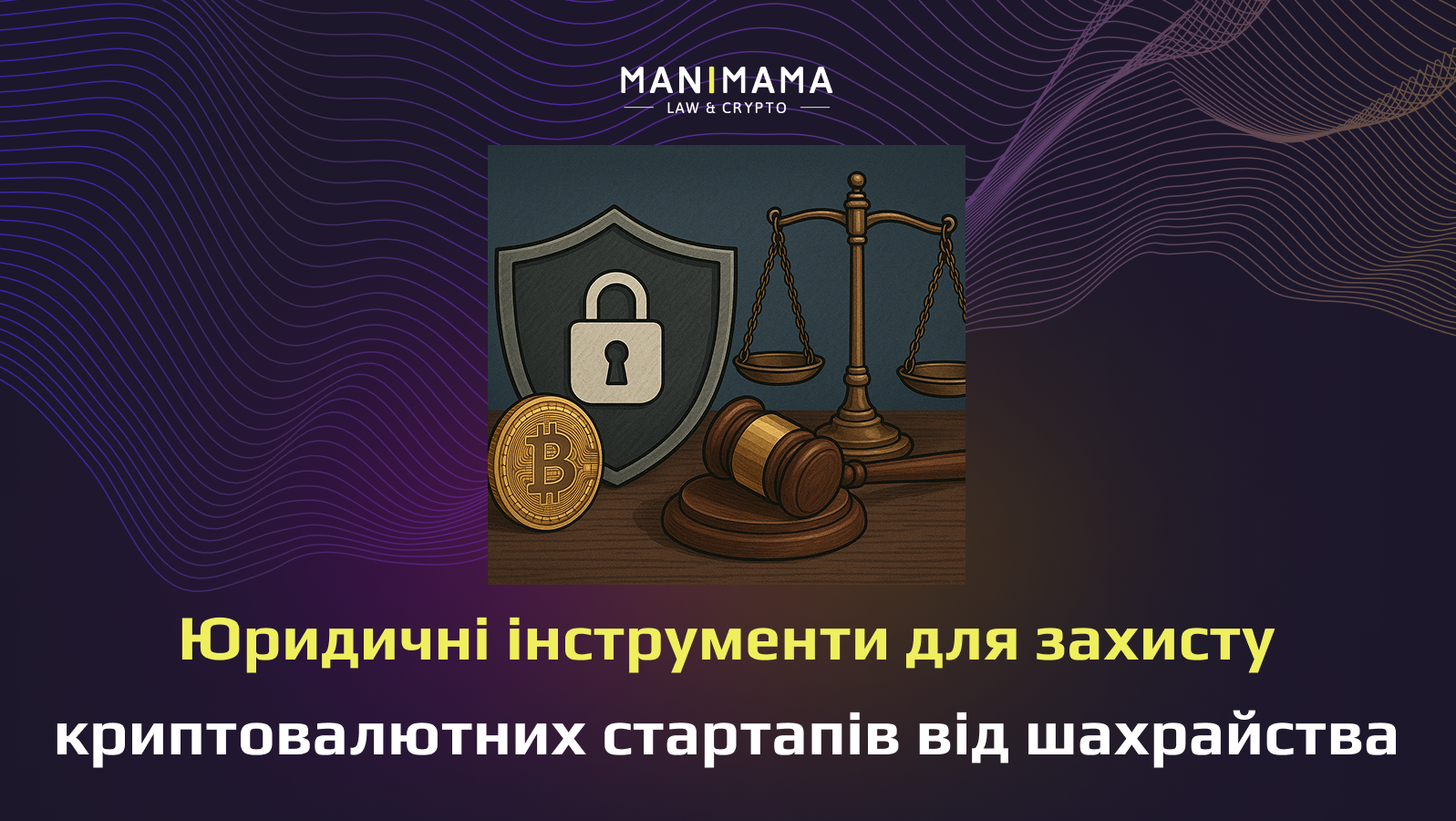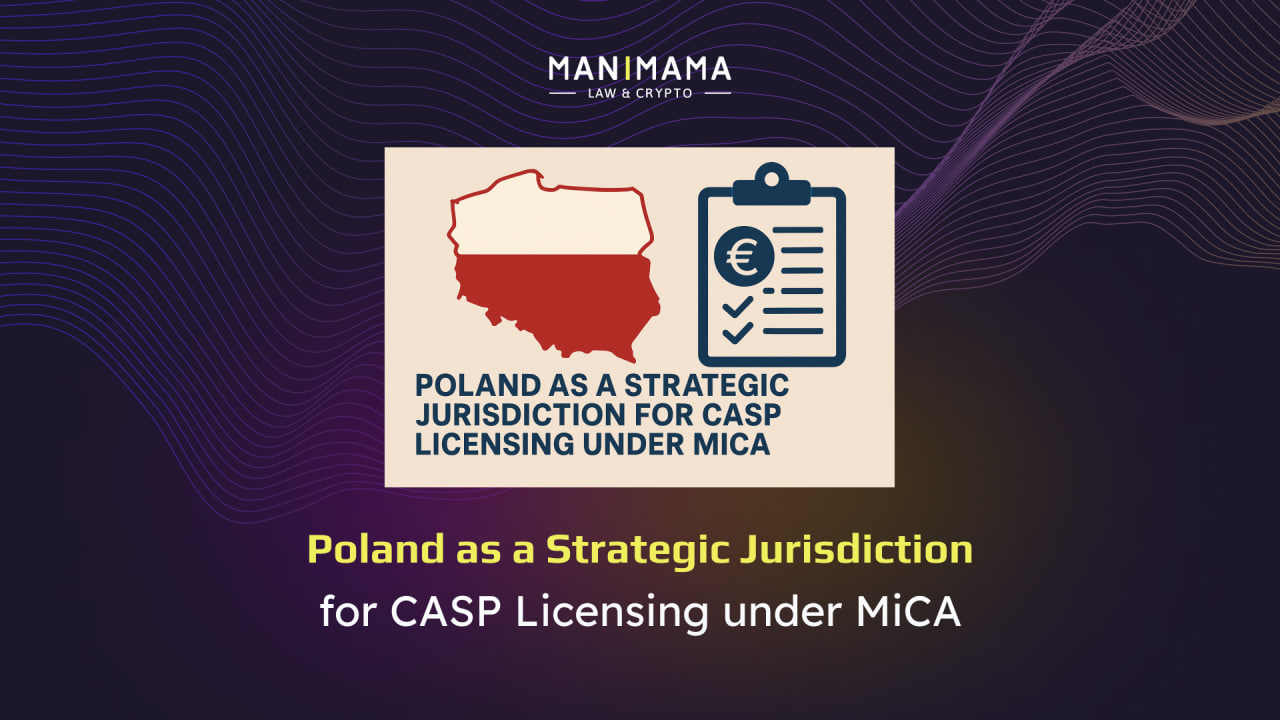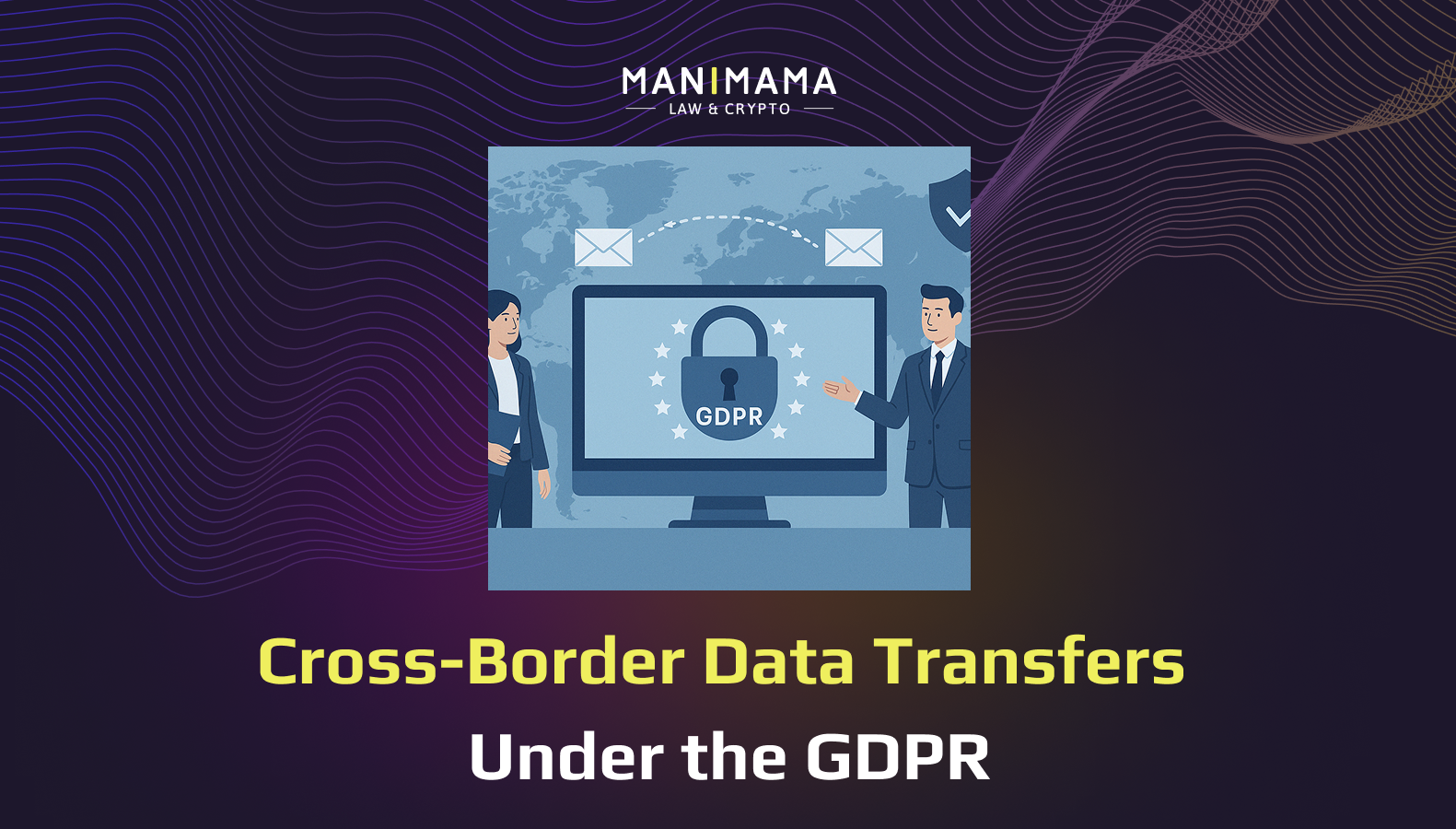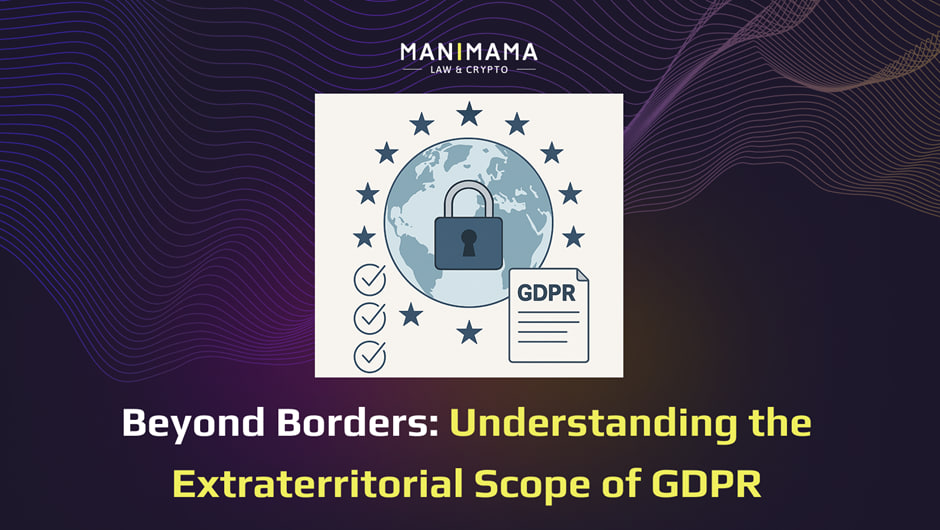What Are the Core Legal Mechanisms for Protecting a Startup?
Building a solid contractual framework is one of the most effective ways to prevent potential abuse. Signing the right legal documents helps establish clear, enforceable relationships with all key stakeholders — investors, partners, team members, and users.
Investor Agreements:
- SAFT/SAFE agreements are commonly used to raise early-stage funding for tokenized projects. These documents should clearly outline the conditions under which an investor may be excluded from participation — for example, in cases of misconduct or conflicts of interest. It’s also crucial to address what happens to the invested funds if the token is never launched.
- SHA (Shareholders Agreement) is a foundational document that defines how corporate rights are distributed. It protects the startup from unwanted changes in ownership, includes drag-along and tag-along clauses, restricts the transfer of shares, and may require shareholders to vote in specific ways on key matters.
Partner Agreements:
- IP Assignment Agreements ensure that all intellectual property — including code, design, and infrastructure — legally belongs to the company rather than individual developers.
- Non-compete clauses and NDAs (Non-Disclosure Agreements) help prevent leaks of sensitive business information. They also limit involvement in competing projects and set out legal consequences for violations.
- Dispute resolution clauses allow you to pre-select an arbitration-friendly jurisdiction and a clear resolution process — helping to protect your rights more efficiently and cost-effectively in case of conflict.
User-Facing Documents:
- The Terms of Use define how users can interact with the platform, set out conditions for limiting access or banning accounts in cases of fraud, and outline the startup’s liability limitations.
- Privacy Policy must comply with GDPR/MiCA standards. It should clearly explain what personal data is collected, how it’s used, and what rights users have. A well-crafted privacy policy is a cornerstone of regulatory compliance and legal clarity.
Which AML/KYC Policies Should Be Implemented at the Startup Stage?
Given the increasing global regulatory scrutiny of the crypto space, compliance with financial monitoring standards is essential—both to stay off regulators’ radar and to combat fraud proactively.
Core AML/KYC Policies:
- Customer Due Diligence (CDD) – This allows you to identify potential fraudsters, sanctioned individuals, or straw persons right at the registration stage. It’s a first step in keeping your platform clean.
- Ongoing Monitoring – Goes beyond onboarding to continuously analyze user transactions. It enables you to spot red flags — like transfers to wallets linked to money laundering — and take swift action.
- Sanctions Screening – Ensures that users are not listed on OFAC, FATF, EU, or UN sanctions lists. It also includes checks for Politically Exposed Person (PEP) status to minimize risk.
- Risk-Based Approach – Introduces tiered verification levels based on jurisdiction, source of funds, and transaction history. This tailored strategy helps balance security and user experience.
Jurisdiction as a Security Strategy
Choosing the right jurisdiction plays a сrucial role in ensuring strong legal protection for your startup, enabling smoother dispute resolution and offering greater regulatory clarity.
Key Factors to Consider When Choosing a Jurisdiction:
- The presence of dedicated crypto regulations (e.g., VASP licensing, legal status of tokens);
- Legal frameworks that protect the rights of both investors and companies through courts or arbitration;
- Recognition of smart contracts, digital signatures, and ownership rights over tokenized assets;
- The regulator’s stance on AML/KYC — how clear, effective, and tech-adaptive it is;
- International reputation — crucial for building trust with partners, banks, and exchanges.
Top Jurisdictions for Crypto Projects:
Lithuania (EU):
✔ Active alignment with MiCA;
✔ Relatively fast VASP licensing;
✔ Experience with blockchain infrastructure;
✔ Investor protection is a priority for the Bank of Lithuania.
Switzerland:
✔ Progressive FINMA regulation for both utility and security tokens;
✔ Strong legal framework for smart contracts;
✔ High level of legal protection and a stable judiciary.
Singapore:
✔ Innovation-friendly legal environment;
✔ Clear licensing regime under MAS;
✔ Robust banking infrastructure for Web3 ventures.
UAE (Dubai, VARA):
✔ Dedicated regulatory framework for digital assets;
✔ Legal recognition of virtual assets;
✔ Flexible approach to tokenized business models.
Estonia:
✔ Streamlined company registration process;
✔ Transparent licensing path for crypto platforms;
✔ Extensive use of e-signatures and digital services.
Risks of Choosing a “Hostile” or Underdeveloped Jurisdiction:
- Weak or nonexistent intellectual property protection;
- Difficulty in pursuing legal action against fraud;
- Banking limitations — account denials or frozen transactions;
- Barriers to attracting EU/US investors due to non-compliance with AML standards.
As conclusion
The crypto market is full of opportunities — but it also comes with heightened risks. That’s why a strong legal foundation shouldn’t come after your first funding round; it should be built in from day one.
At Manimama Law Firm, we specialize in supporting crypto projects at every stage — from launch to large-scale growth.
Here’s how we can help:
- Build a rock-solid contractual framework;
- Set up effective compliance systems;
- Choose a secure, crypto-friendly jurisdiction;
- Develop a fraud response strategy.
A reliable legal strategy isn’t just a cost — it’s an investment in the long-term safety, trust, and success of your project.
Our contacts
If you want to become our client or partner, feel free to contact us at support@manimama.eu.
Or use our telegram @ManimamaBot and we will respond to your inquiry.
We also invite you to visit our website: https://manimama.eu/.
Join our Telegram to receive news in a convenient way: Manimama Legal Channel.
Manimama Law Firm provides a gateway for the companies operating as the virtual asset wallet and exchange providers allowing to enter to the markets legally. We are ready to offer an appropriate support in obtaining a license with lower founding and operating costs. We offer KYC/AML launch, support in risk assessment, legal services, legal opinions, advice on general data protection provisions, contracts and all necessary legal and business tools to start business of virtual asset service provider.
The content of this article is intended to provide a general guide to the subject matter, not to be considered as a legal consultation.











